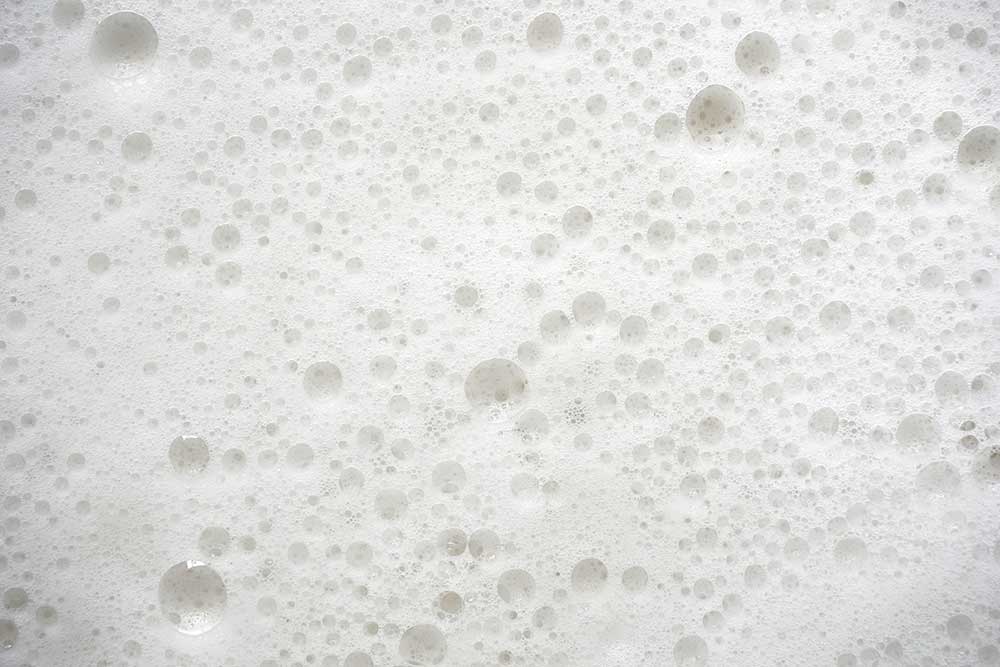How Defoamers Are Used to Prevent Foam in Food and Beverage Production
How Defoamers Are Used to Prevent Foam in Food and Beverage Production
Blog Article
The Role of Defoamers in Enhancing Product Quality and Performance
In different making procedures, the visibility of foam can considerably impede product high quality and functional performance. Defoamers function as important additives that reduce this problem, ensuring smoother production workflows while improving the aesthetic and practical features of the end products (defoamers). Their application spans a wide range of sectors, from food and drink to pharmaceuticals, where consistency and reliability are critical. Nonetheless, the choice of the suitable defoamer can be important to achieving optimal results, raising important inquiries concerning formula compatibility and performance metrics that warrant more exploration.
Understanding Defoamers
Comprehending the role of defoamers is important for maintaining product high quality across different industries. Defoamers are chemical additives made to avoid the development and decrease of foam in fluid systems, which can negatively affect procedures such as blending, loading, and surface tension. Lathering can bring about ineffectiveness, item issues, and compromised visual allure, making defoamers a vital part in manufacturing operations.
In commercial applications, defoamers aid to boost product uniformity and security. As an example, in the paint and layers market, foam can interfere with the application procedure and the last coating. In food and beverage manufacturing, extreme foam can impede bottling and product packaging effectiveness. The effective use of defoamers not just ensures smoother manufacturing procedures yet also adds to superior item efficiency.
Furthermore, the selection and solution of a defoamer must straighten with specific application demands, such as compatibility with various other components, performance under differing temperature and pH problems, and prospective regulative restrictions. Inevitably, comprehending defoamers' features and their relevance in various solutions is essential for enhancing manufacturing and ensuring the best final product.
Sorts Of Defoamers
Defoamers can be classified right into several types based upon their structure and device of activity. The primary types include silicone-based, non-silicone natural, and inorganic defoamers.
Silicone-based defoamers are among one of the most effective, mostly because of their ability to spread out rapidly on the liquid surface area and disrupt foam formation. Their unique chemical structure enables exceptional stability, making them ideal for high-temperature applications and settings with varying pH levels.
Non-silicone organic defoamers, often made up of fatty acids or natural oils, are valued for their biodegradability and lower poisoning. These are typically made use of in food and drink applications where security and environmental effect are critical.
Inorganic defoamers, which consist of materials like talc or calcium carbonate, act by enhancing the density of the fluid, thus minimizing foam security. They are commonly made use of in industrial processes where compatibility with various other materials is not a worry.
Each sort of defoamer has unique advantages and restrictions, enabling for customized solutions depending upon the particular lathering problems run into in numerous applications. Recognizing these distinctions is crucial for optimizing efficiency and attaining wanted item top quality.
Applications Across Industries
Numerous markets utilize defoamers to enhance product quality and functional performance. In the food and beverage field, defoamers are crucial in procedures such as brewing and dairy manufacturing to avoid foam development, which can cause inadequacies and item incongruity. By regulating foam, producers can ensure better return and a more consistent item.
In the pharmaceutical industry, defoamers play a crucial duty in the formulation of liquid medications, where too much foam can impede mixing and accurate application. Their use helps keep the honesty of the solutions and facilitates smoother production processes.
The paint and coatings sector likewise depends on defoamers to improve the efficiency of items during application. By lessening foam, these additives ensure a smoother surface and boost the visual qualities of the end product.

Benefits of Making Use Of Defoamers
While the application of defoamers varies throughout markets, their advantages constantly enhance product top quality and procedure efficiency. One substantial advantage is the reduction of foam development during manufacturing procedures, which can otherwise lead to manufacturing delays and disparities in product quality. By reducing foam, defoamers enable a smoother flow of materials, helping with much more reliable procedures and decreasing the likelihood of equipment malfunctions.
In addition, the use of defoamers can improve the look and structure of last items. In industries such as finishings, paints, and food processing, excessive foam can jeopardize the visual aesthetic appeals and general quality, while the appropriate defoamer application guarantees an uniform coating and desirable characteristics. Defoamers can contribute to set you back financial savings by decreasing waste throughout manufacturing and maximizing the use of raw products.

Picking the Right Defoamer
Choosing the appropriate defoamer is crucial for optimizing manufacturing procedures and guaranteeing item top quality. The option of defoamer affects not just the performance of foam control yet likewise the total performance attributes of the final product. Variables to think about include the sort of application, the chemistry of the formula, and the ecological conditions under which the item will be made use of.
Various industries may need specific defoamer kinds, such as silicone-based, natural, or polymeric defoamers. Comprehending the compatibility of the defoamer with the main active ingredients is essential to avoid negative reactions that could compromise product stability. Additionally, the defoamer's performance in different temperatures and pH degrees should be evaluated to make sure consistent performance.
Checking the defoamer in small-scale applications can provide valuable understandings into its performance and viability. Factor to consider of regulatory conformity, particularly in food, pharmaceuticals, and cosmetics, is paramount in selecting a defoamer. Ultimately, a detailed evaluation of these elements will lead to the option of a defoamer that not only manages foam efficiently but also improves the quality and efficiency of the end product.
Final Thought

In verdict, defoamers are crucial additives that dramatically enhance product quality and efficiency across various industries. The strategic option and application of defoamers lead to set you back financial savings, enhanced resource usage, and raised client fulfillment.
Frothing can lead to inefficiencies, product problems, and jeopardized visual charm, making defoamers a vital part in producing procedures.

Report this page